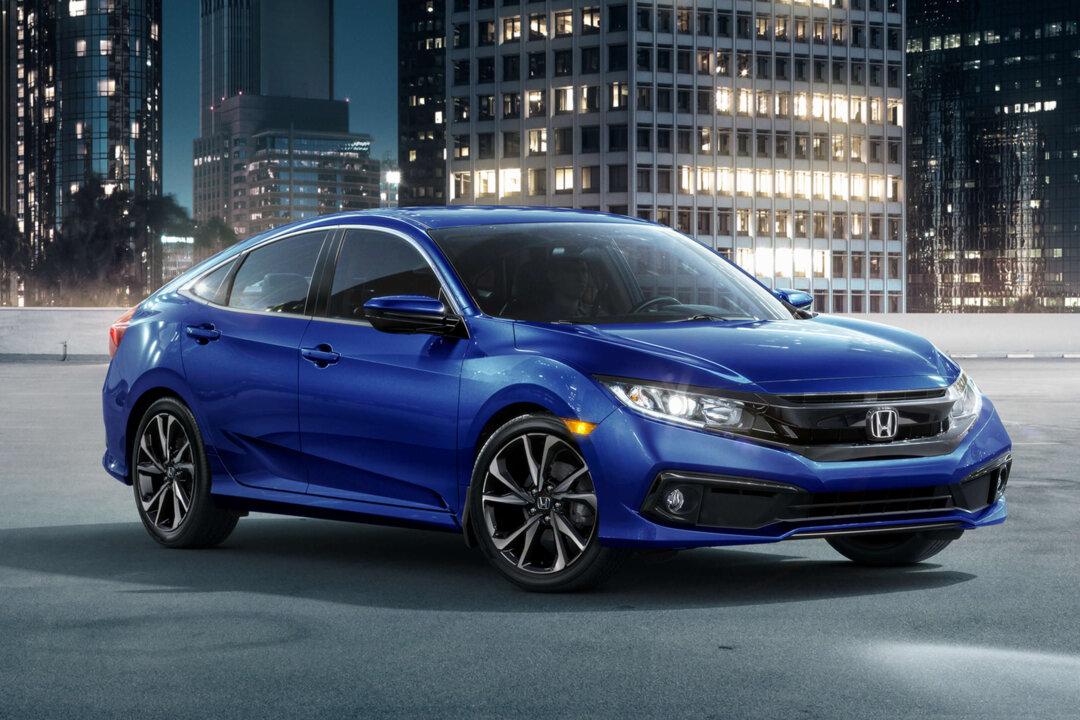This year marks the 50th anniversary of Honda Canada, and the company is taking the opportunity to celebrate all aspects of where it’s been and how it’s heading into the future.
“March 11th was the actual day (of the anniversary),” says Jean Marc Leclerc, senior vice president of sales and marketing for Honda Canada. “We have a number of activities and social media to draw attention not to the 50 years but what has transpired over those 50 years to make Honda Canada the company that it is today.




